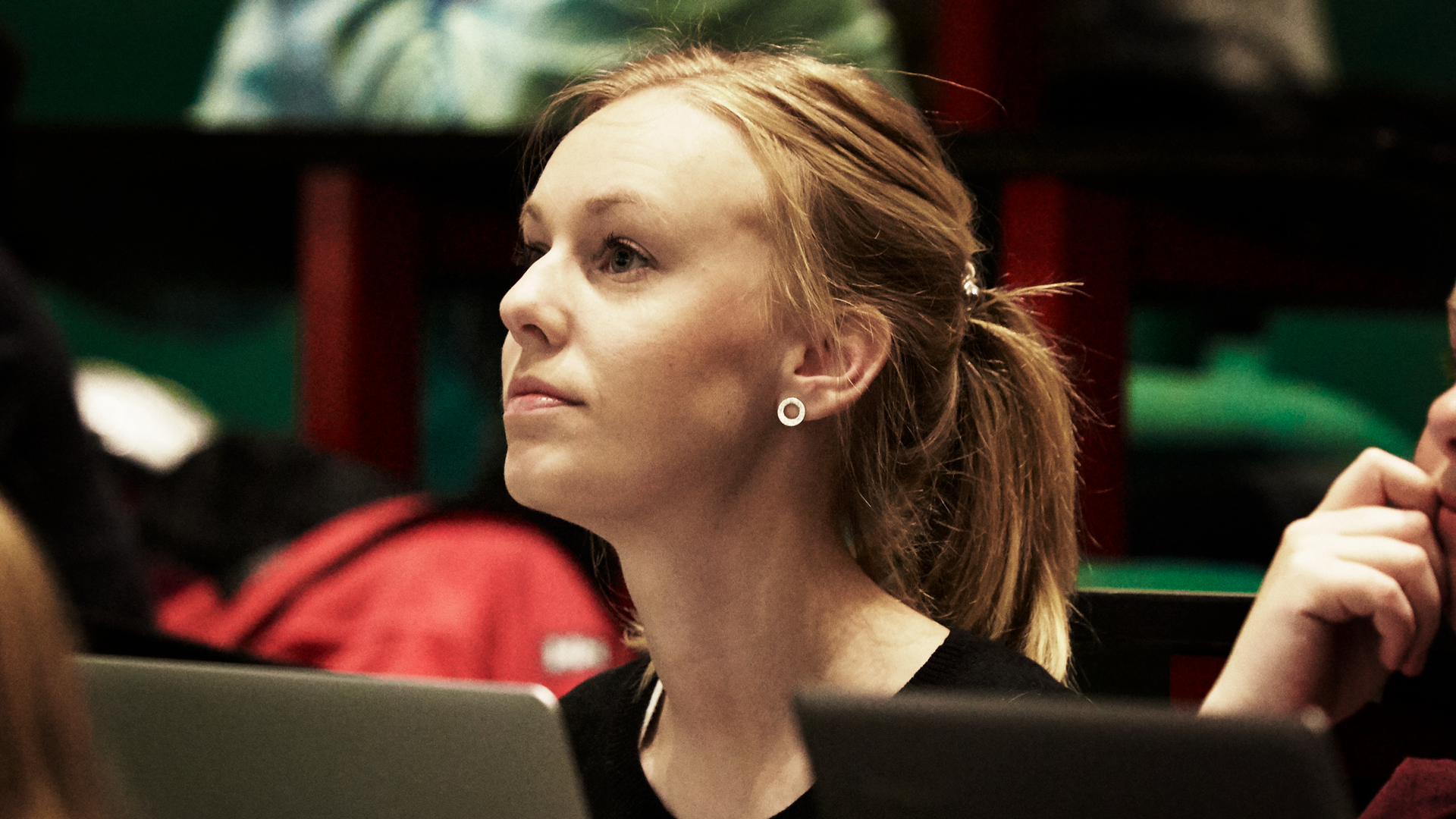Master of Science (MSc) in Bioinformatics
Bioinformatics use computer methods to analyze biological data. (Previously: Bioinformatics and Systems Biology.)

Study Programme
Bioinformatics is a field of research focusing on computational analysis of biological data. It is an essential competence, as almost all biomedical research today involves the use of bioinformatics.
In contrast to the past focus on single genes or proteins, systems biology is a field of research which focuses on understanding entire biological systems—such as protein complexes, metabolic pathways, or gene regulatory networks.
The Bioinformatics study programme is highly interdisciplinary, combining knowledge from fields such as molecular biology, genetics, computer science, mathematics, and statistics.
Study programme focus
In the course of your studies you will learn to use computer-based methods and mathematical models to analyse the vast amounts of biological data produced using high-throughput methods. Examples of biological data include DNA and protein sequences, mRNA levels, lists of post-translational modifications, protein-protein interaction data, and metabolic pathway information. But patient histories and the scientific literature itself are also examples of data types that can be analysed using computer methods.
Although the focus is on computational analysis, it is important to have a solid understanding of the underlying molecular biology and the experimental methods used to generate the large volumes of data. Students will therefore have the opportunity to work both independently and with others in the laboratory, to ensure an even closer connection between data analysis and experimental work.
You will be part of an exciting research area that will shed new light on fundamental, biological phenomena, and may lead to the development of new vaccines, cell factories, and medicines targeted at individual patients.
You will have the opportunity to work in close collaboration with both Danish and international companies - either as part of the courses, as an individual project or while writing your thesis.
The MSc is a two-year graduate programme with a workload of 120 ECTS credit points.
Combine work with studies
This study programme is also available as an Industry study programme where you can combine work and study over a 4-year period. Special rules apply.








